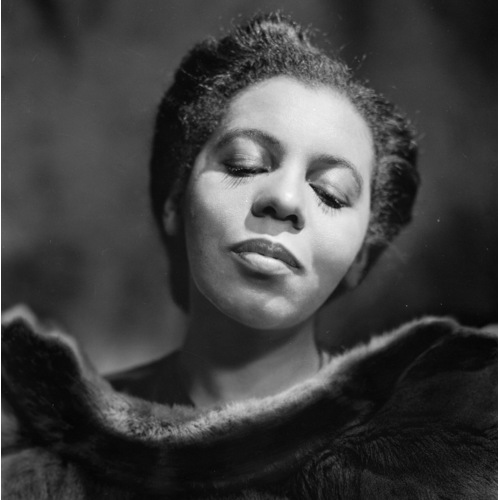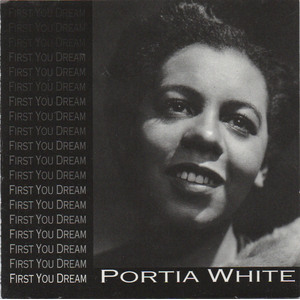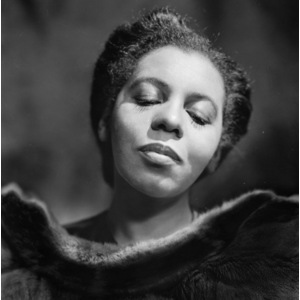White, Portia
Websites:
http://www.portiawhite.ca/
Origin:
Truro, Nova Scotia, 🇨🇦
Biography:
Portia White (1911–1968)
"A Gift From Heaven" — Canada’s First Internationally Acclaimed Black Concert Singer
Portia White was born on June 24, 1911, in Truro, Nova Scotia, into one of Canada’s most remarkable Black families. She was the third of 13 children born to Reverend William A. White, the first Black Canadian to graduate in theology from Acadia University, and Izie Dora White, whose roots traced back to the Black Loyalists who settled in Nova Scotia after the American Revolution. Her father would go on to serve as chaplain to the No. 2 Construction Battalion, Canada’s only all-Black military battalion in the First World War.
Raised in a deeply musical household, Portia's first singing experiences were in the church choir under her mother’s direction. By age eight, she was already mastering challenging operatic pieces. Determined to pursue a career in music despite racial and financial barriers, she often walked long distances to receive voice lessons. At Dalhousie University, she trained as a teacher, working in Black communities such as Africville and Lucasville while privately studying voice at the Halifax Conservatory of Music.
In the 1930s, Portia studied as a mezzo-soprano with Bertha Cruikshanks before shifting to contralto under Italian baritone Ernesto Vinci. She won the prestigious Helen Kennedy Silver Cup at the Halifax Music Festival three times, securing it permanently. Her growing local acclaim eventually caught national attention.
Portia White’s formal debut took place on November 7, 1941, at Toronto’s Eaton Auditorium. The critical praise was immediate and effusive, with The Globe and Mail describing her voice as one of “pungent expression and beauty of utterance,” while The Evening Telegram hailed her sound as “a gift from heaven.” However, racial discrimination continued to limit her opportunities at home.
Her breakthrough came in March 1944, when she became the first Canadian artist to perform at New York’s prestigious Town Hall. The Nova Scotia Talent Trust was created that same year to financially support her growing international career. White went on to give additional Town Hall recitals and signed with Columbia Concerts Incorporated, North America’s leading artist agency. She toured extensively across Canada, the United States, and South America, at a time when few Black performers had such opportunities.
Yet her career was not without struggle. Vocal fatigue, health issues, and management conflicts began to limit her performance schedule. After a final international tour in 1948, she shifted her focus to teaching and further vocal studies in Toronto. There, she mentored a generation of prominent Canadian artists including Robert Goulet, Lorne Greene, Dinah Christie, Don Francks, Anne Marie Moss, and others.
Although her public performances became rare in the 1950s and 1960s, White remained highly respected. She sang before Queen Elizabeth II and Prince Philip in Charlottetown in 1964, and her final public appearance came in 1967 at the World Baptist Federation in Ottawa.
Portia White passed away on February 13, 1968, but her influence endures. She broke barriers for Black Canadian artists at a time when systemic prejudice was deeply entrenched. In 1995, she was declared a Person of National Historic Significance by the Government of Canada. Her legacy is honored through the annual Portia White Prize, commemorative stamps, sculptures, and numerous awards. Her family continues to preserve her legacy, including the First You Dream album curated by her nephew Chris White and niece Laurie White.
Today, Portia White stands as a towering figure in Canadian musical history, not only for her breathtaking contralto voice but for her courage, resilience, and the doors she opened for generations of Black Canadian performers to follow.
-Robert Williston


